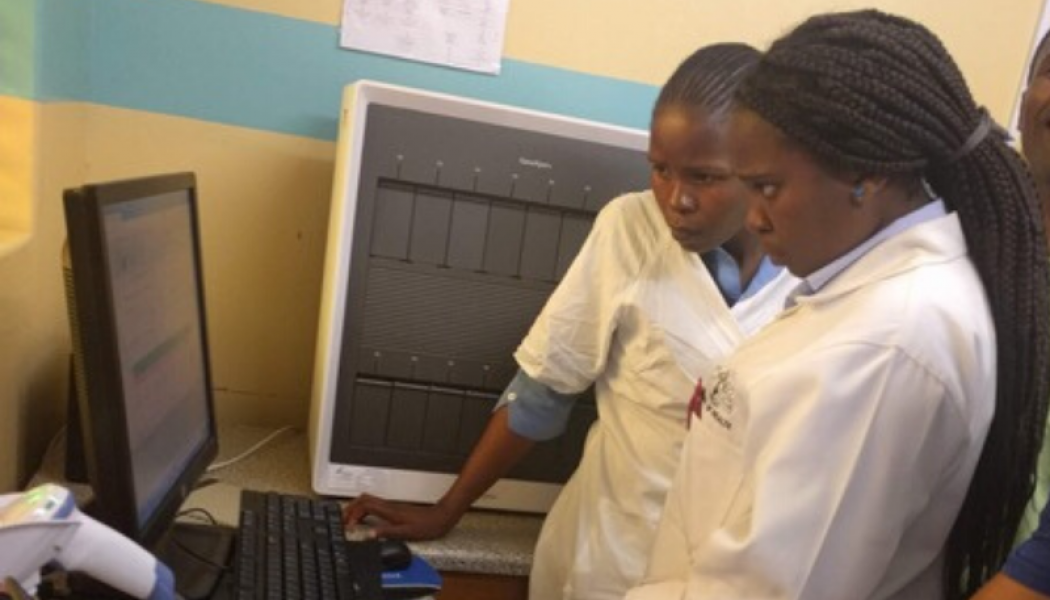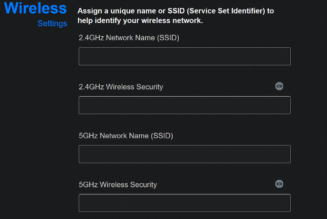Telecom26 has partnered with SystemOne to enable real-time test result communication, timely containment and treatment actions for infectious disease programmes in Ghana, Mozambique and Zimbabwe.
The testing programmes are being implemented in conjunction with each country’s Ministry of Health and build upon SystemOne’s existing work across Africa tackling numerous diseases including TB, HIV, Ebola and now COVID-19.
However, unreliable bandwidth and patchy connectivity are problems encountered by eHealth programmes across these countries.
The traditional route is to buy local SIMs to provide device connectivity. Unfortunately, this limits users to one mobile network operator (MNO) – and adds juggling multiple SIMs across devices to find the strongest local network to a long list of headaches.
/* custom css */
.tdi_3_6b3.td-a-rec-img{ text-align: left; }.tdi_3_6b3.td-a-rec-img img{ margin: 0 auto 0 0; }
Telecom26’s Multi-IMSI global SIM cards were developed with the specific goal of improving connectivity in remote areas. They enable devices to automatically access and switch between multiple networks both in-country and across borders thus removing the need to worry about the coverage of a single MNO, or the existence of roaming alliances.
Multiple-IMSI profiles are pre-loaded on every SIM allowing for simple reconfiguration if the primary network has poor or no service.
SystemOne is trialling Telecom26’s multi-SIM routers in Mozambique and Zimbabwe. These enable SystemOne’s diagnostics devices to access connectivity and automatically switch between multiple cellular networks – and any wifi or LANs – so that they always use the best performing connected network.
“We need a reliable connectivity supplier so that we can concentrate all our efforts on enabling timely disease identification and treatment,” says Brad Cunningham, COO at SystemOne.
Telecom26 SIMs are compatible with 1100 cellular networks from over 620 mobile operators in more than 220 countries.











